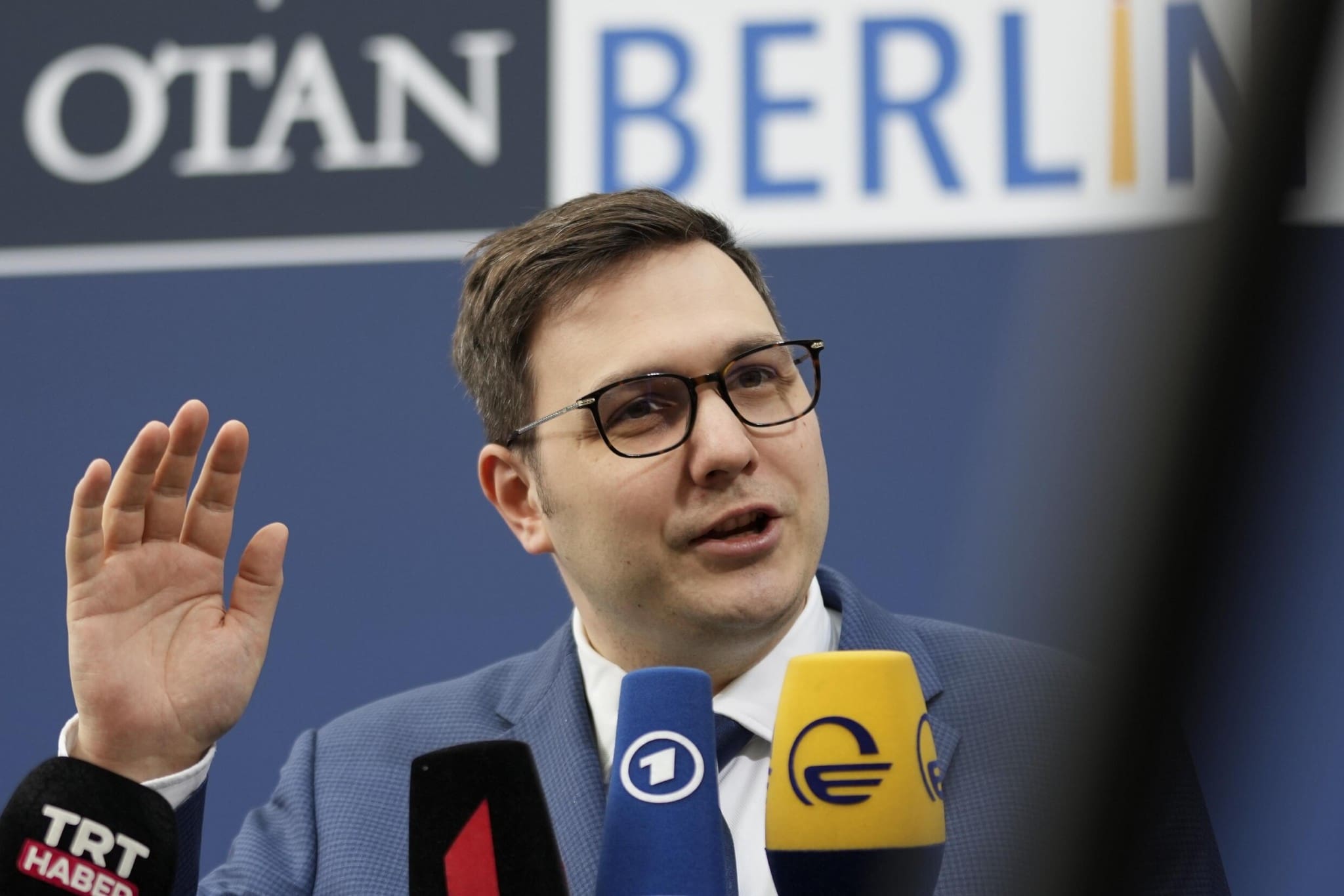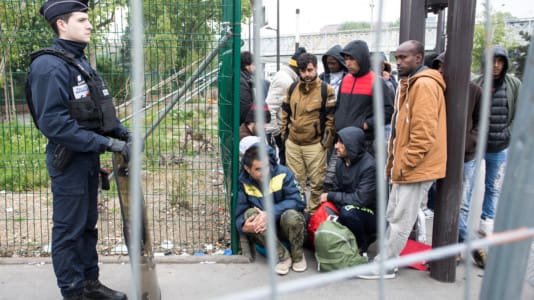The Russian invasion of Ukraine also has consequences for the security situation in Asia and the Indo-Pacific, as Russian President Vladimir Putin works to break the international order, Czech Foreign Minister Jan Lipavský said during a conference on Monday morning.
“Putin is trying to destroy the international order,” Lipavský said. “The U.N. Charter also builds on the security situation in Asia and the Indo-Pacific. That is why the countries of this region are showing a very intense interest in how the war in Ukraine will turn out, although for them, let’s face it, it is a conflict that is subjectively taking place very far away.”
In his opening remarks, Lipavský said that the Czech Republic supported the EU’s anti-Russian sanctions and agreed with the U.N. resolution calling on the country to withdraw all military forces from Ukraine immediately, completely, and unconditionally within its internationally recognized borders. The conference was attended by the heads of diplomacy of Lithuania, Hungary, and Indonesia.
The first day was dedicated to political dialogue and security and the head of Czech diplomacy mentioned the Russian aggression against Ukraine in this context. Since the beginning of the war, 371,282 Ukrainian refugees have received temporary protection visas in Czechia.
“We perceive that Euro-Atlantic and Indo-Pacific security is indivisible, that respect for international law, the territorial sovereignty of countries, and the right to independence should, in any case, be defended,” Lipavský said in a statement to the participants in the debate.
The conference focused on the Indo-Pacific region, which according to Lipavský is one of the priorities of the forthcoming Czech presidency of the EU Council.
“We want to have a fresh picture of possible joint steps and understand the challenges and opportunities in the Indo-Pacific,” said Lipavský.
During the presidency, the EU will intensify dialogues with partners on security and defense, including cybersecurity and space issues, he added, and insisted the EU can cooperate with the Indo-Pacific region on environmental issues, research, innovation, and the digital transformation of trade and public services.
“The Czech presidency has its priorities enshrined in the EU’s strategy for cooperation with the Indo-Pacific. They focus on areas where Czech policymakers, scientists, businessmen, and experts can strengthen ties with partner countries,” the minister added.
According to Libor Sečka, Czechia’s special representative for the Indo-Pacific, the European strategy focuses on seven areas. Czechia has chosen three of them, space, cybersecurity, and environmental protection, in which it has good expertise and tradition.
During the presidency, Czechia will also want to actively participate in the debates on concluding trade agreements with Australia, New Zealand, and Indonesia.
“We will also pay attention to the implementation of general trade agreements with Japan, Korea, Singapore, and Vietnam,” Lipavský added.
The minister noted that the coronavirus pandemic disrupted many trade routes and supply chains. The number of flights between Europe and the Indo-Pacific has also decreased. According to him, Czechia wants to deepen trade and travel connections and will focus on the agreement on general air transport completion between the EU and ASEAN, which is the association of Southeast Asian countries.





